Keywords: Alexander Downer
-
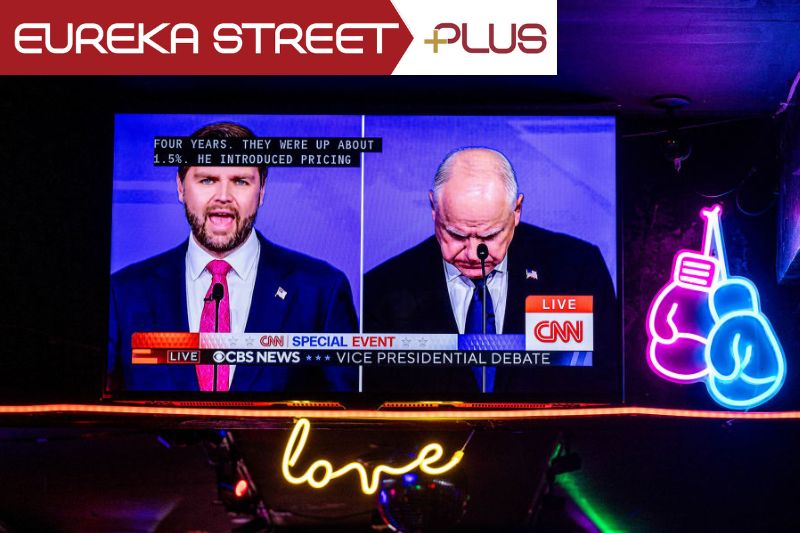
INTERNATIONAL
- Peter Craven
- 09 October 2024
With moments of shared perspective and common ground, the weird thing about the CBS debate the debate between the two putative vice-presidents, J.D. Vance and Tim Walz, was how civil and considerate it was and (in its way) how impressive.
READ MORE 
-
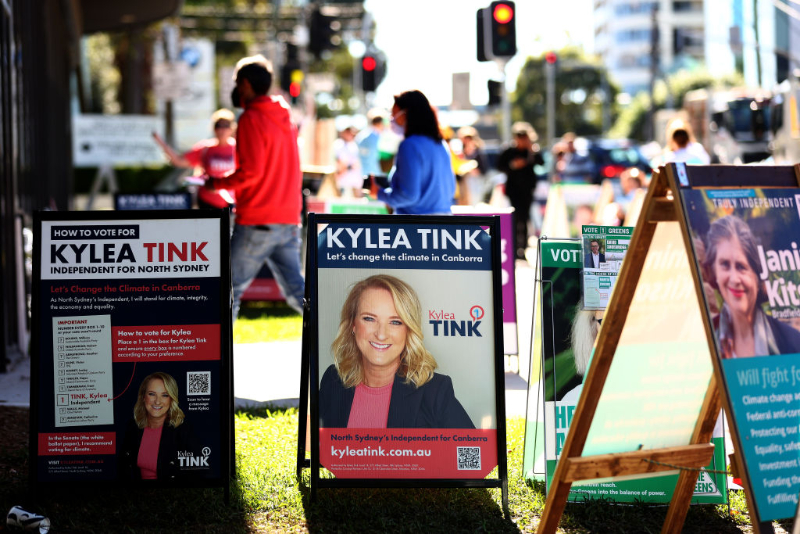
AUSTRALIA
- Binoy Kampmark
- 24 May 2022
11 Comments
The centre of the political system did not so much hold as desert. The vote was a furious, determined and tenacious shout from the estranged centre, a shivering of the timbers. The calibre of individuals elected — many from professions, many with public service outside the traditional party hierarchy of patronage and promotion, and most, women — has not been previously seen in this country’s politics.
READ MORE 
-
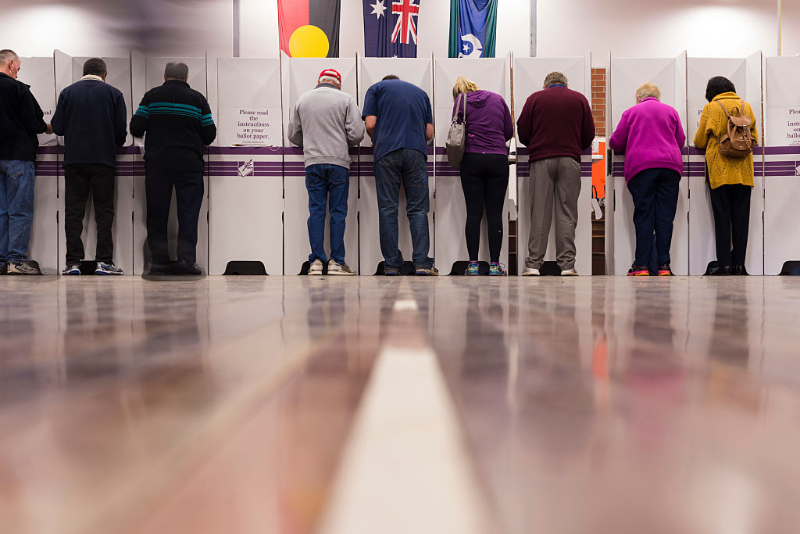
AUSTRALIA
- Binoy Kampmark
- 21 April 2022
7 Comments
Few sights are more desperate than old political parties on the run. In this Australian federal election, the challenge from independents and smaller parties has sparked a nervous reaction, much of it negative and most of it misplaced.
READ MORE 
-

AUSTRALIA
- Jeff Sparrow
- 31 January 2019
18 Comments
John Howard promised to 'stay the course' in Afghanistan. So too did Tony Abbott, Kevin Rudd and Julia Gillard. So complete was the political consensus that parliament didn't even debate the Afghan intervention until nine years after it began. Now that there's no longer a course on which to stay, we're due some accountability.
READ MORE 
-
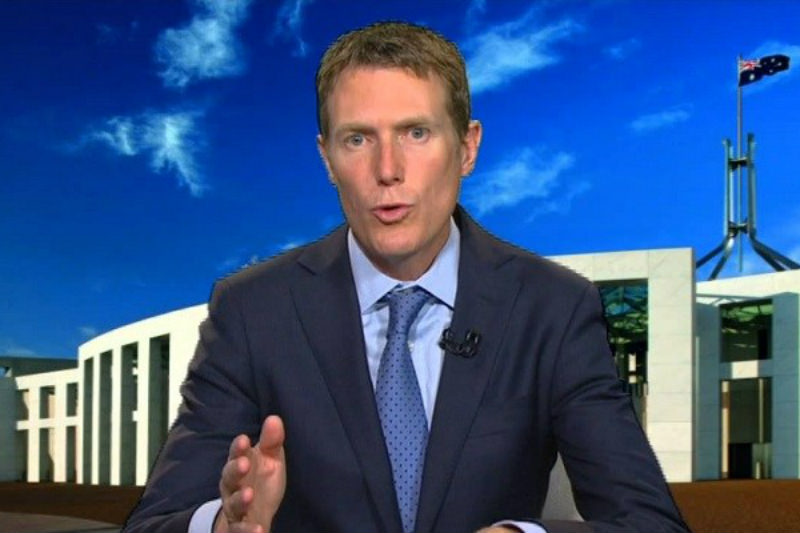
AUSTRALIA
- Lizzie O'Shea
- 03 July 2018
10 Comments
Over this last week, two remarkably contradictory things happened in Canberra. The Attorney-General shepherded through some of the most significant changes to foreign interference laws in recent times. It was also reported that he signed off on charges laid against Witness K, a former officer of ASIS, and his lawyer.
READ MORE 
-
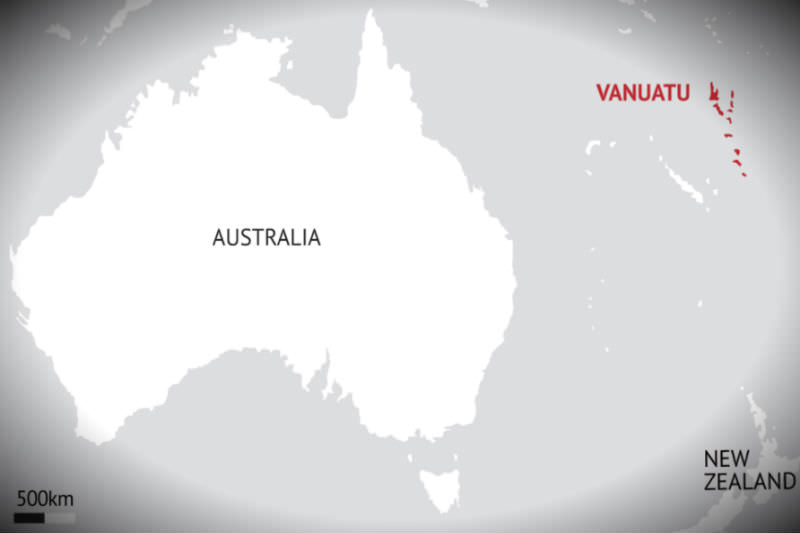
INTERNATIONAL
- Eliza Berlage
- 19 April 2018
China and India are rising global powers, thanks to a burgeoning middle class, huge export markets and military might. So why wouldn't they take the western retreat from the Pacific as an invitation to dance? But their support comes with a crippling debt levels and the potential for a favour to be called in down the line.
READ MORE 